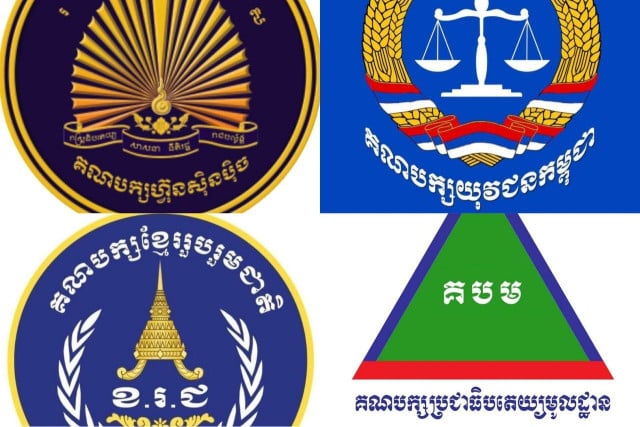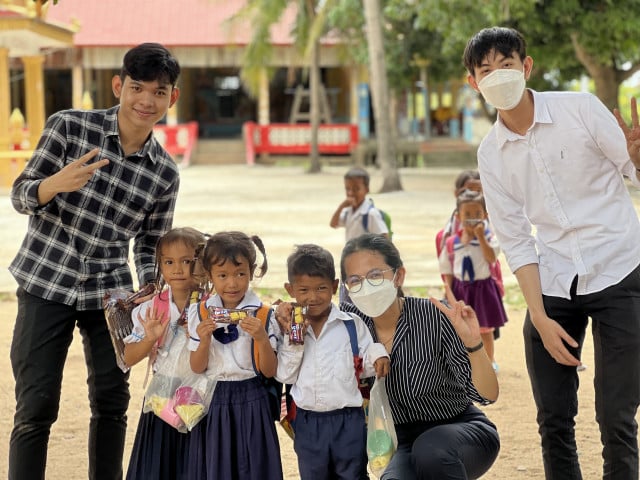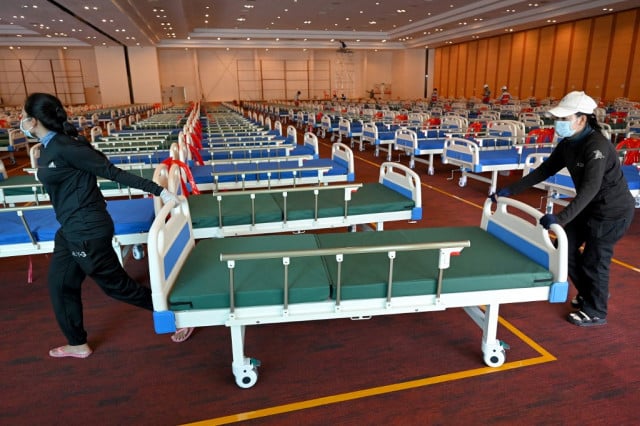Parties Consider Joining New Supreme Consultative Council

- By Lay Sopheavotey
- August 25, 2023 4:09 PM
PHNOM PENH – Political parties are waiting for formal internal decisions or government conditions to prepare for discussions before joining the new Supreme Consultative Council (SCC).
In the first meeting of the new Council of Ministers in the 7th mandate, PM Hun Manet asked deputy prime ministers Koeuth Rith and Aun Pornmoniroth to prepare a royal decree to organize the SCC for the new mandate and expand its membership.
Sek Sokha, the spokesperson of the Grassroots Democratic Party (GDP), said the party had yet to decide whether to join the council as they are waiting for the government's conditions and the royal decree. They will then have an internal meeting and make the decision.
In the last mandate, the GDP declined to join the SCC because it was not independent and was under the supervision of the government.
Pich Srors, the president of the Cambodia Youth Party, who previously joined the SCC, said the party hadn’t decided whether to join the new mandate yet. He was waiting for a party meeting on August 27 to make a decision.
He would like to see the SCC and the government cooperate well from the beginning until the end of the mandate in the spirit of helping citizens.
“What’s important is for the SCC to make a significant contribution to improving the negativity of all levels of government officials,” he said. “We don’t want the government to include politics in the SCC. What we want is to prioritize national interest and good cooperative work.
Nhoeurn Raden, the spokesman for FUNCINPEC, and Tip Teav, the spokesman for Khmer United National, said that the two parties planned to join the SCC. However, they still have internal party meetings to discuss and send representatives to attend.
The SCC was established in the sixth mandate in September 2018, at the request of former PM Hun Sen to make suggestions to the government to improve work efficiency in serving citizens and social development.
Each party could have three representatives who could receive the same status as senior minister, minister and secretary of state.
Originally written in Khmer for ThmeyThmey, this story was translated by Te Chhaysinh for Cambodianess.















